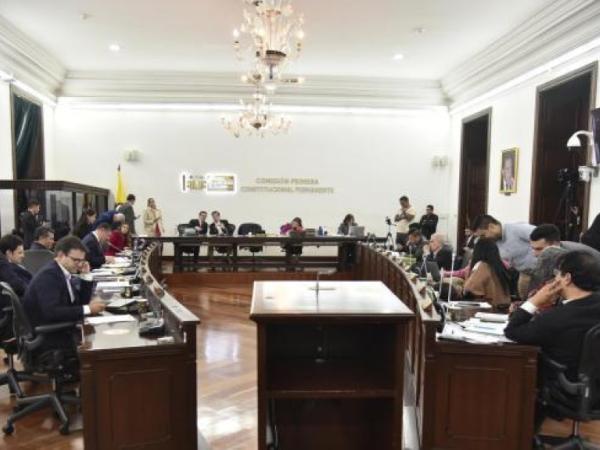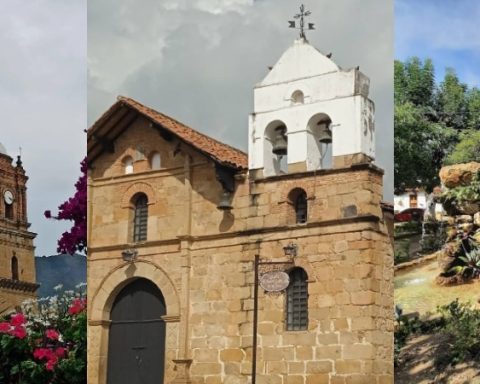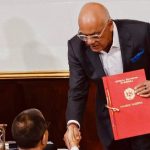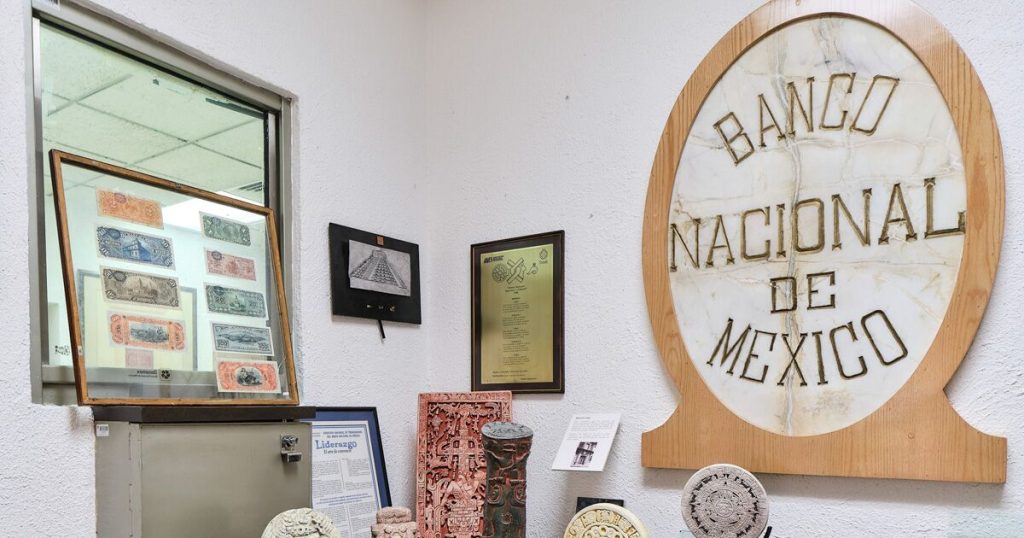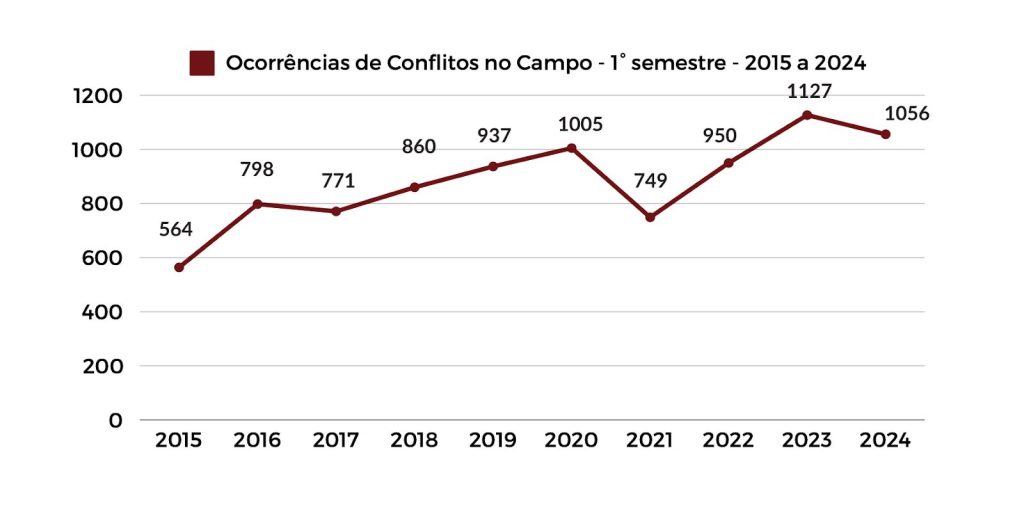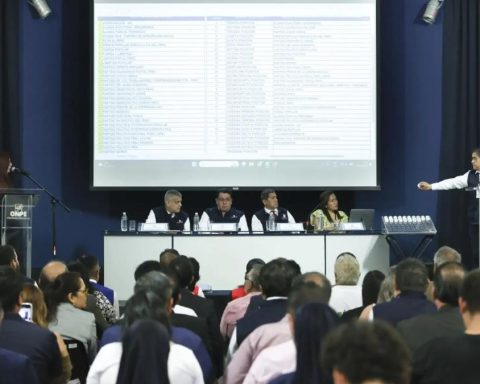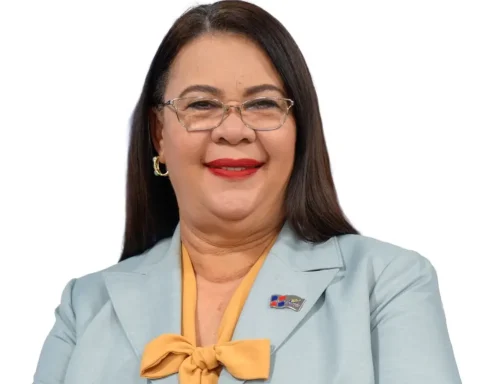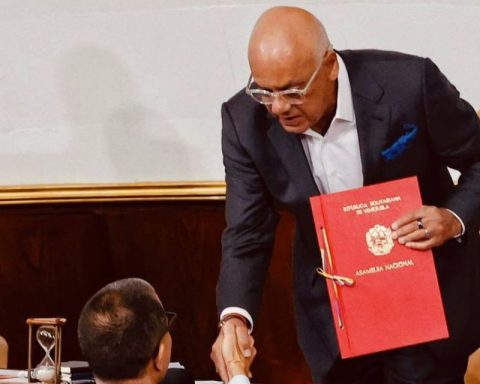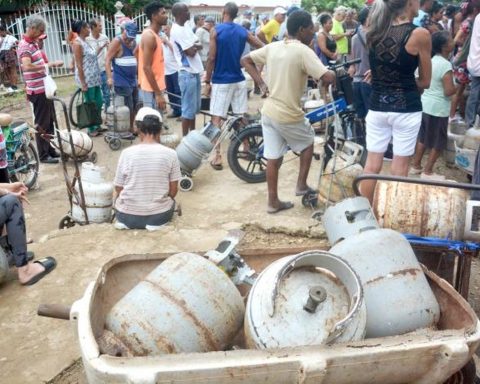This November 2nd, the Commission I of the Senate of the Republic approved in the third debate the political reform project, an initiative filed by the Minister Juan Fernando Cristo and that seeks to make several modifications to the national political system.
In the middle of the day, a proposition was approved that allows transfuguism, the article that establishes closed and equal lists for corporate elections, predominantly state financing of campaigns and free public transportation services in the country on election day.
(You can read: Chamber denies filing of the project to reform the Participation System).
For this debate, the project came with several changes compared to the proposal that came out of the House of Representatives. The most important modification is that campaign financing was returned as it currently is, a topic present in Article 3.
Since the filing of the project, it was stipulated that it would be purely state-run, but for the third debate the articles were modified so that private parties could once again make contributions to presidential and legislative campaigns, as is currently the case.
Senate Commission I
This issue generated an intense debate between senators close to the Government and those in the opposition. The former stated that it was key for it to be public to, according to them, avoid the clientelism; The latter argued that depending on a government to carry out campaigns could be dangerous for democracy.
“At the Home Office we understand the concerns raised during the debate. Strengthening parties is linked to electoral authority and financing. The political system in Colombia needs shock therapy in terms of financing, eliminating, at least for a couple of periods, all sources of private financing as part of a transition“said Juan Fernando Cristo.
(Besides: Another setback in financing law: filing of presentation in Congress is postponed).
There were also modifications regarding the sanctions on political parties for endorsing candidates who, even if they are not elected, are convicted. Several legislators previously stated that this was unfair and a middle ground was reached for this third debate..
In the text that reached this discussion, the sanction was maintained for the parties if their endorsers were convicted during the period to which they aspired, even if they were not chosen; However, regarding the latter it is made clear that the communities will only be punished if the crimes for which they were convicted were “committed prior to the issuance of the corresponding guarantee“.

Juan Fernando Cristo, Minister of the Interior
One of the five endorsed propositions that was presented in article 1 was that sanctions for sexual crimes or others related to gender-based violence. This initiative was approved together with said section.
(Besides: Scandal that shakes the Minhacienda, a new stick in the wheel for the Government’s management).
A proposal was also approved by the Senator Clara López which allows congressmen to resign their seats and participate in the following elections representing another community. This is how the paragraph remained in the legislative act: “Whoever, being a member of a public corporation, decides to run in the next election for a different party or political movement, may, only once in the four-year period and up to one month before the first day of registration of the next election, resign from the party for which he or she is elected. He was elected without having to renounce his seat“.
Then they voted in favor of the elimination of Article 2 of the reform project, which sought to modify article 108 of the Constitution, change the electoral threshold and introduced the concept of progressive acquisition of rights so that there is legal recognition for political movements.
PORTFOLIO
*With information from EL TIEMPO – POLITICS
